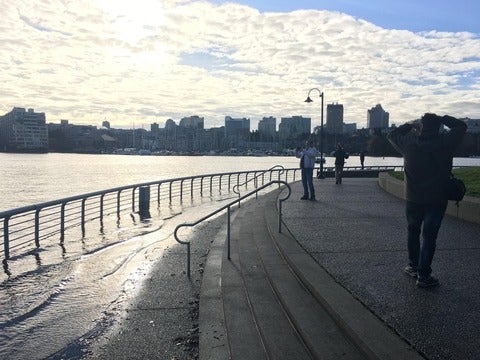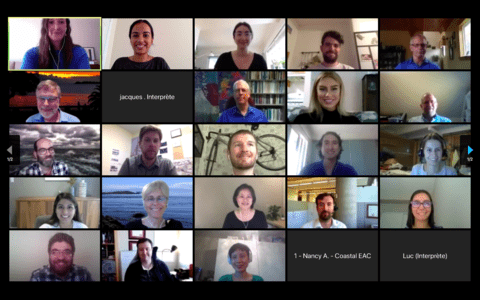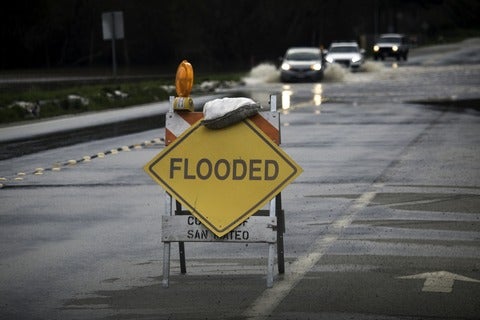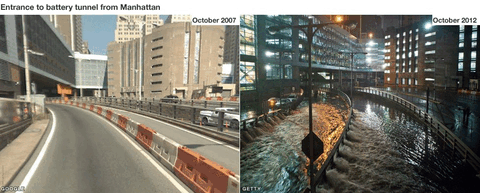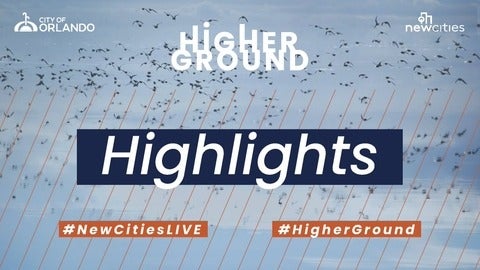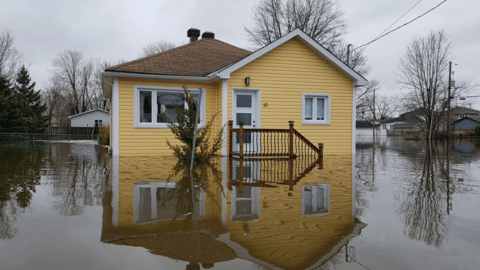The Canadian Coastal Resilience Forum (CCRF) is a community of practice focused on strengthening resilience to climate change and hazards in Canada’s coastal regions.

Natural hazards pose a serious threat to public safety, livelihoods and local economies in coastal regions. For example, heavy rainfall, storm surges, and river floods can have costly impacts on social, economic, environmental and cultural assets.
The CCRF was established to facilitate knowledge-sharing across sectors, institutions and disciplines and to identify policy and governance strategies for reducing and managing the consequences of natural hazards in coastal areas, such as:
- Clarifying the roles and responsibilities across government levels, for-profit and non-profit organizations and the public in risk prevention, reduction and disaster recovery
- Identifying policies in place that promote (rather than prevent and discourage) rebuilding in risky areas after disasters occur (e.g., floods)
- Locating exposed and vulnerable populations and achievable measures of self-protection and risk reduction
This initiative is kindly supported by the Marine Environmental Observation, Prediction and Response Network (MEOPAR)—a federally-funded Network of Centres of Excellence.
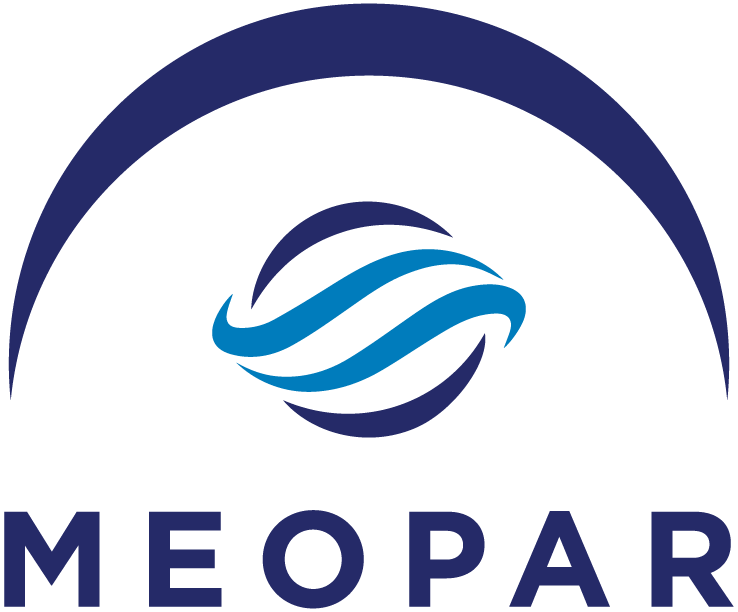
News
Living with Water: Exploring solutions to address coastal climate change in British Columbia
The Living with Water Theme Partnership is a four year, $1 million project funded by the Pacific Institute for Climate Solution (PICS) that supports research into complex and critically important climate mitigation and adaptation challenges along the South Coast of British Columbia (BC), which includes 20+ Vancouver area municipalities, the Fraser River Delta, Burrard Inlet and Squamish Delta. The goal of the project is to develop new planning and design frameworks and decision-making tools to help communities and ecosystems successfully adapt to the impacts of sea level rise, coastal/riverine flooding and shoreline erosion.
Recap on MEOPAR’s Virtual Research Conferences: National Forum on Coastal Community Resilience and the Annual Scientific & Training Meeting
In late September, MEOPAR’s Response Core hosted an interactive virtual National Forum on Coastal Community Resilience: Local Government Initiatives to Address Sea-Level Rise and Coastal Flooding. The forum offered a unique opportunity to connect, share and learn about coastal adaptation approaches for Canada’s coastal municipalities and communities.
New Study analyzes media coverage of Canadian flood disasters as a policy issue
Does media coverage of a natural disaster influence public policy? How are Canadian flood disasters portrayed in the media?
Blog
Bracing for future climate risks: Implementing actionable adaptation strategies to protect critical infrastructure in New York City
How do we protect New York City’s critical infrastructure systems from inundation? This question prompted New York City (NYC) authorities to consider flexible adaptation strategies, infrastructure investments and policy solutions to promote the benefits of ‘protect’ and ‘accommodate’ measures against future sea level rise (SLR), extreme precipitation, coastal flooding and storm surge events.
Climbing to higher ground: Are Canadian cities able to adapt and prepare for climate induced migration?
Recap: Building Resilient Cities on Higher Ground
Learning Session: Building Community Resilience through Planned Retreat
On June 25th 2020, the Climigration Network Learning Community hosted a learning session on building long term climate resilience through the use of planned retreat as a climate change adaptation strategy. This webinar brought together leading experts from the University of Waterloo, Gevity Consulting Inc.

